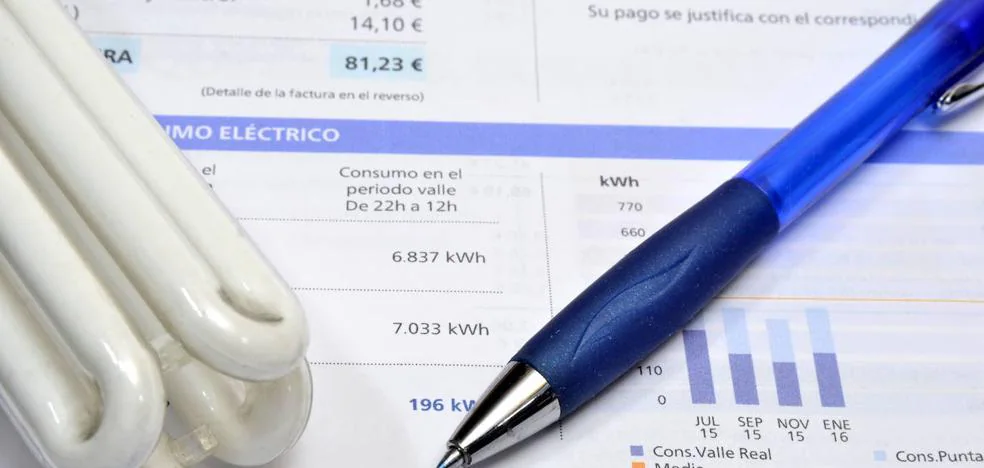August will be the most expensive month of electricity in history

Despite the Iberian cap, the generation price will exceed 300 euros/Mwh, due to the rise in the cost of gas in world markets
The summer of energy records after the start of the war in Ukraine is going to leave the electricity bill trembling this August, which will be the most expensive month in all of history in terms of electricity. The combination of factors has meant that the electricity generation price for the last 30 days stands at 307 euros/Mwh. Not even in March, just after the outbreak of the Russian invasion, was electricity so expensive. So, it exceeded 283 euros/Mwh on average. And it was already considered a milestone with a widespread economic impact on families and businesses.
However, as the days have passed in August, electricity prices have been increasingly expensive. For this same Wednesday, the cost in the wholesale market will rise by 3.69% compared to this Tuesday, to 476 euros/Mwh, thus reaching a new maximum since the Iberian exception came into force on June 15. In fact, it is the second highest daily price. It is only surpassed, for now, by the record of almost 545 euros/Mwh on March 7, in the midst of the crisis between Russia, the EU and the US due to the invasion of Ukraine.
The average price for August is limited by the Iberian exception. In fact, without this mechanism, the price of electricity in Spain would be around 533 euros/Mwh on average, which is around 57 euros more than with the compensation for regulated rate customers, who will thus pay 10.7% less than average.
The electricity market prices for this Wednesday in the rest of the European countries will also mark especially high levels. Thus, in the case of France it is above 650 euros/Mwh, while in Germany it will be more than 600 euros/Mwh. In Belgium they will exceed 516 euros/Mwh, in the Netherlands 534 and in Austria and Switzerland they are close to 700 (673.28 euros/MWh and 682.47 euros/Mwh, respectively).
The cost in Spain is the result of adding the average of the auction in the wholesale market to the compensation that the demand will pay to the combined cycle plants for the application of the 'Iberian exception' to limit the price of gas for the generation of electricity.
In the auction, the average price of electricity in the wholesale market (the so-called 'pool') will stand at 187.3 euros/Mwh this Wednesday. To this price of the 'pool' is added the compensation of 289 euros/Mwh to the gas companies that has to be paid by the consumers who are beneficiaries of the measure, the consumers of the regulated rate (PVPC) or those who, despite being in the free market, they have an indexed rate.
This spiral of high electricity prices that has occurred over the last week has been driven by the price of natural gas, which is at record levels, mainly due to Gazprom's announcement to cut from 31 August and for three days pumping gas to Germany. In this context, the French energy supply company Engie has reported that Gazprom has reduced its gas supply since Tuesday, which had already fallen substantially since the start of the war in Ukraine due to disagreement between the parties in the application of some contracts.
However, gas futures contracts in the Dutch TTF market fell 4.8% on Tuesday, placing the contracts at September below 260 euros/MWh.
But, what relationship does the price of gas have with electricity? More and more all over Europe. In the case of Spain, 42% of electricity production this Tuesday comes from combined cycle plants, which use gas to generate light. This is a very high percentage and very unusual. It is due to the low production of renewables (XX% of the total, due to the lack of wind).
The Iberian exception sets a path for natural gas for electricity generation at a price of 40 euros/MWh in the initial six months, and subsequently, a monthly increase of five euros/Mwh until the end of the measure.
The Government estimates that this mechanism, authorized by Brussels in the spring, has meant a saving of 1,383 million euros for Spanish consumers in its first two months of validity. This figure represents a saving of 22 million euros per day for Spanish society since the entry into force of the mechanism.










